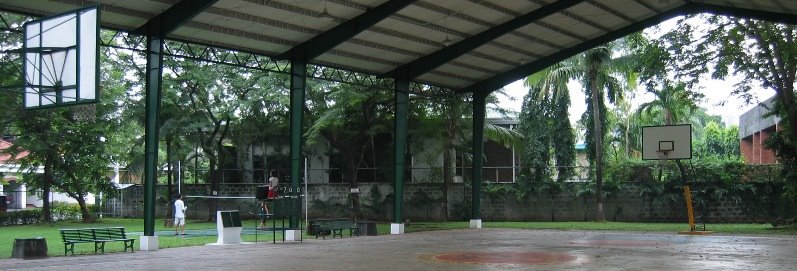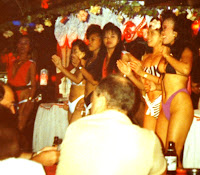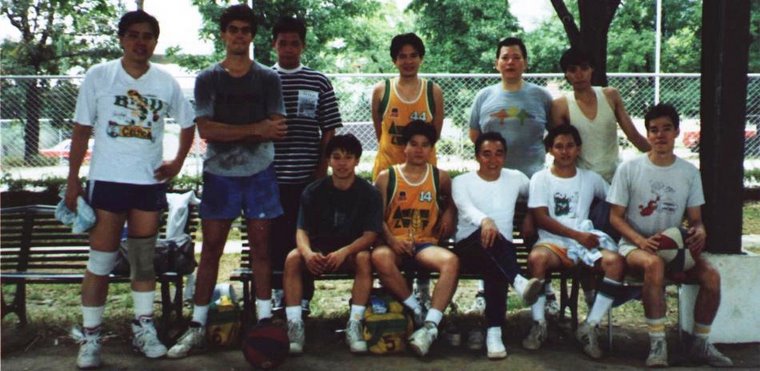 It's a bit ironic, and somewhat par for the course, that the Philippines selected a national sport in which it has little chance in succeeding internationally, (1954 world championship bronze aside). In basketball, it's good to be quick, agile, and practiced at the skills of shooting, dribbling, and passing. Which many Filipinos are. However it's better to be tall, and quick, agile, and practiced at the skills of shooting, dribbling, and passing. Which most Filipinos aren't.
It's a bit ironic, and somewhat par for the course, that the Philippines selected a national sport in which it has little chance in succeeding internationally, (1954 world championship bronze aside). In basketball, it's good to be quick, agile, and practiced at the skills of shooting, dribbling, and passing. Which many Filipinos are. However it's better to be tall, and quick, agile, and practiced at the skills of shooting, dribbling, and passing. Which most Filipinos aren't. A columnist for the Philipine Inquirer discovered this height issue, and declared that "basketball is not for Filipinos." He suggests the government should support development of "sports" like chess, bowling, and billiards. This makes Filipinos seem like the small, sickly children of Asia.
And not that I want to disrespect all the bowlers out there, but it's a bit sad when a country's government declares a bowler to be the "Greatest National Athlete of All Time" The guy was skilled, sure, but not exactly Jim Thorpe material.
How 'bout boxing as a national sport? Manny Pacquiao, the "Pac Man" is a national sensationan and the latest in a long line of world champions from the Philippines. Which means Filipinos may not be able to out-jump you on the court, but they can probably kick your ass.










